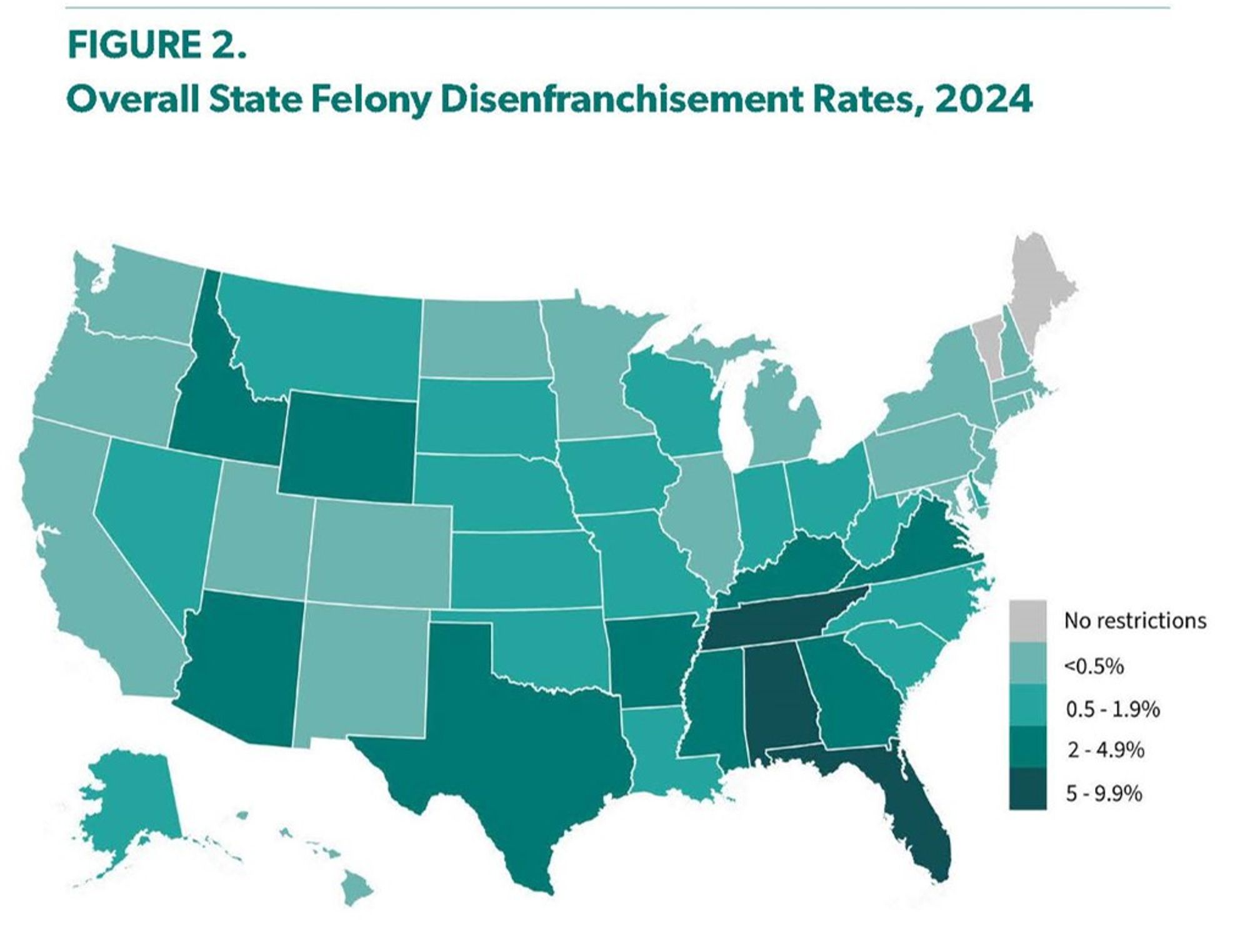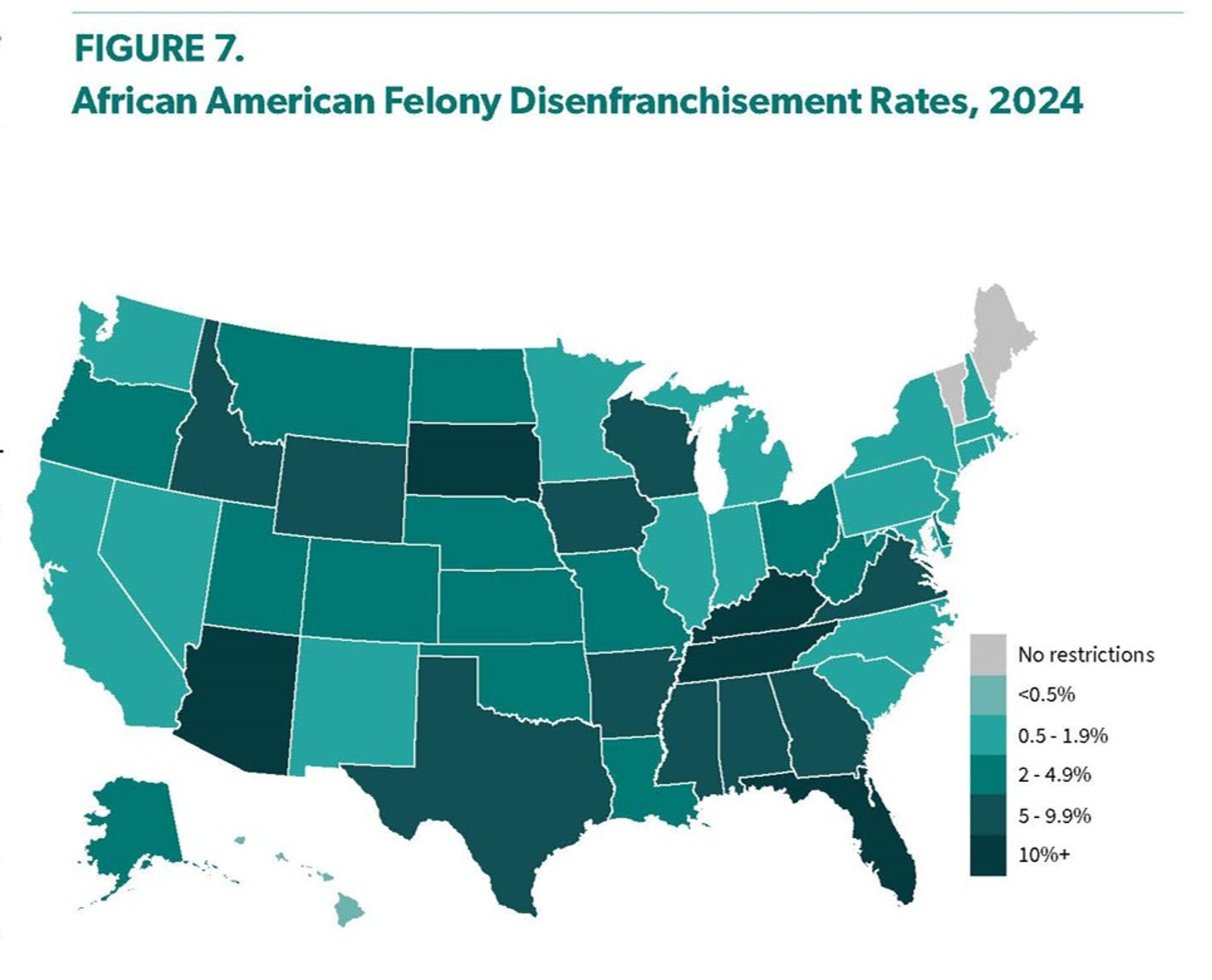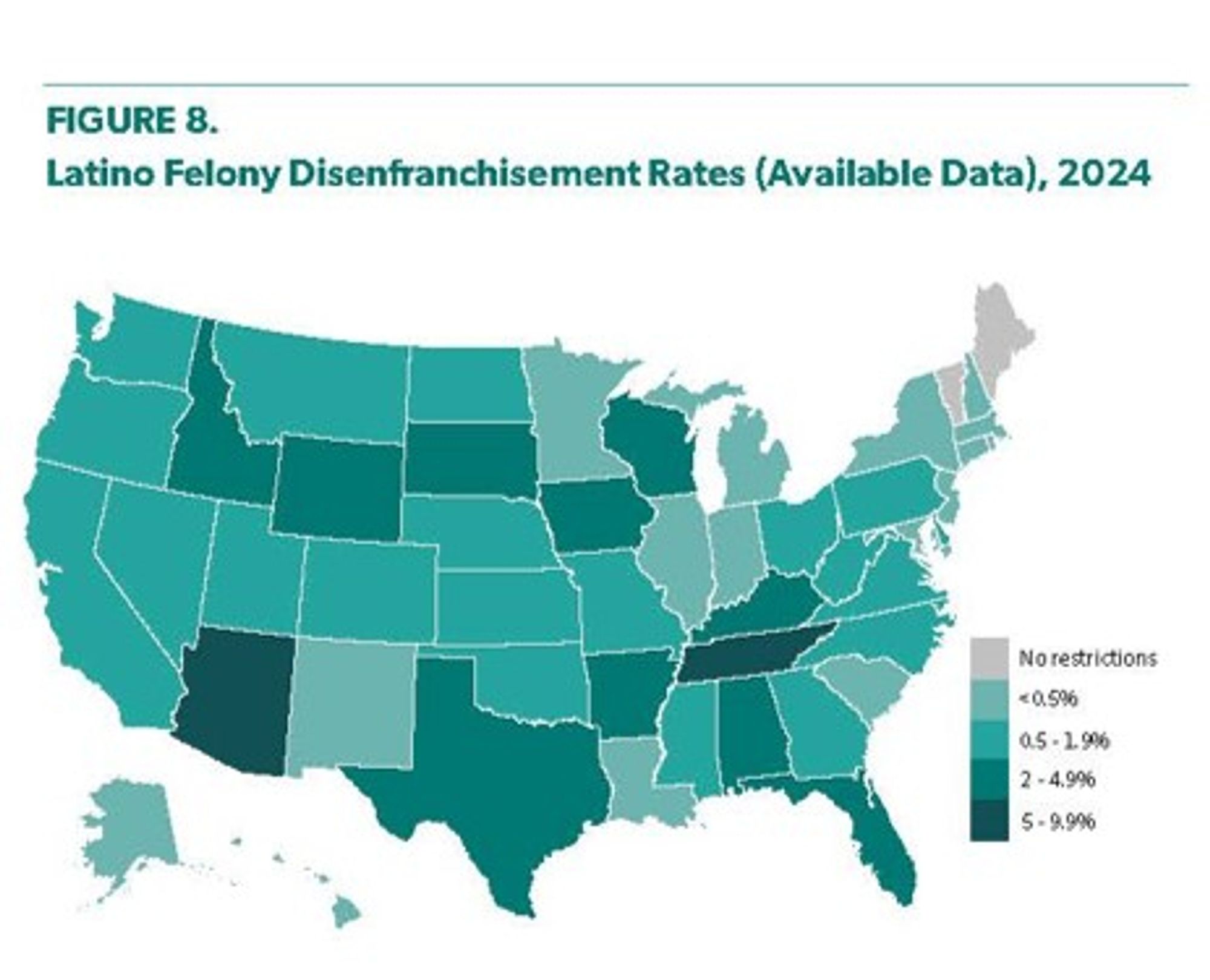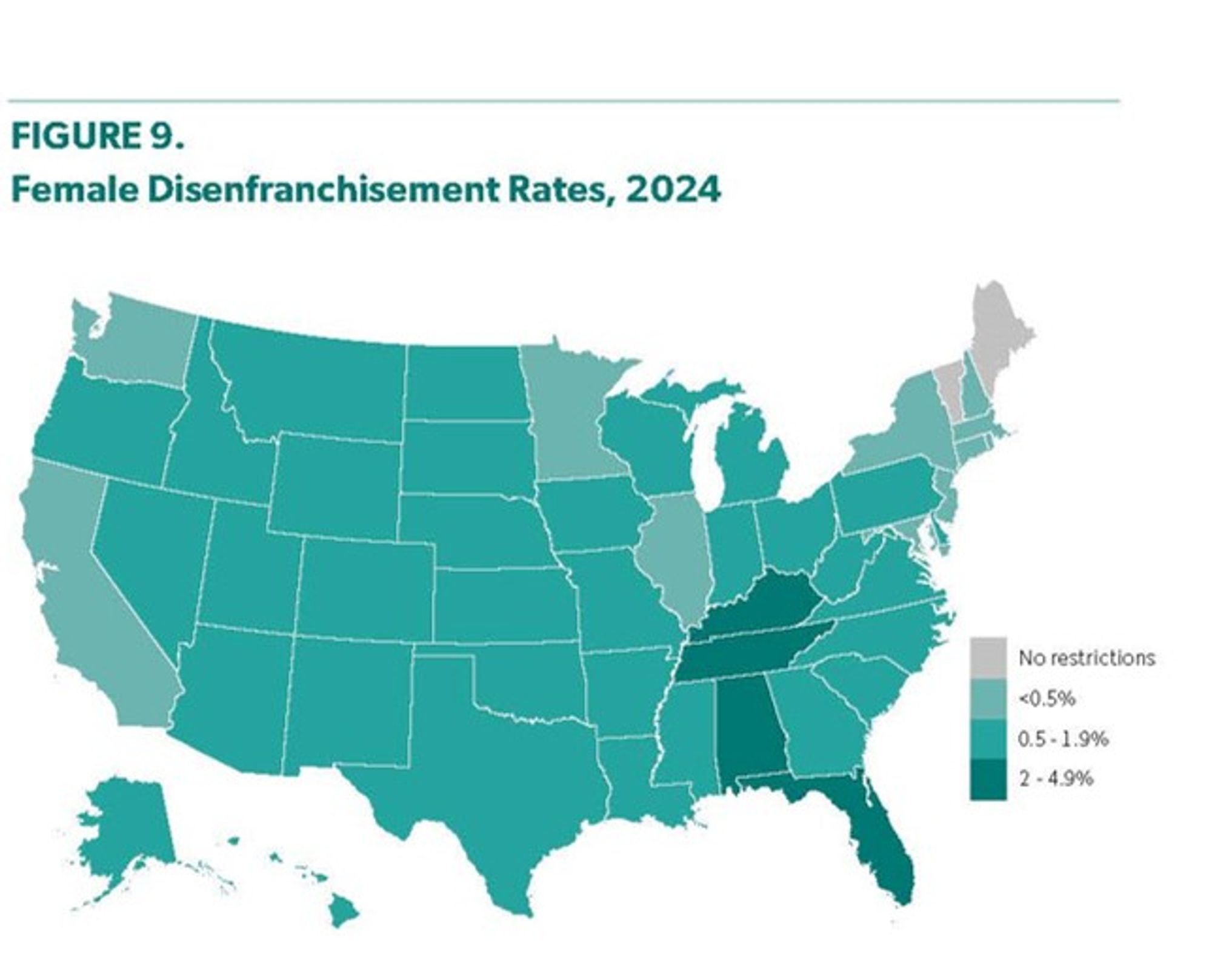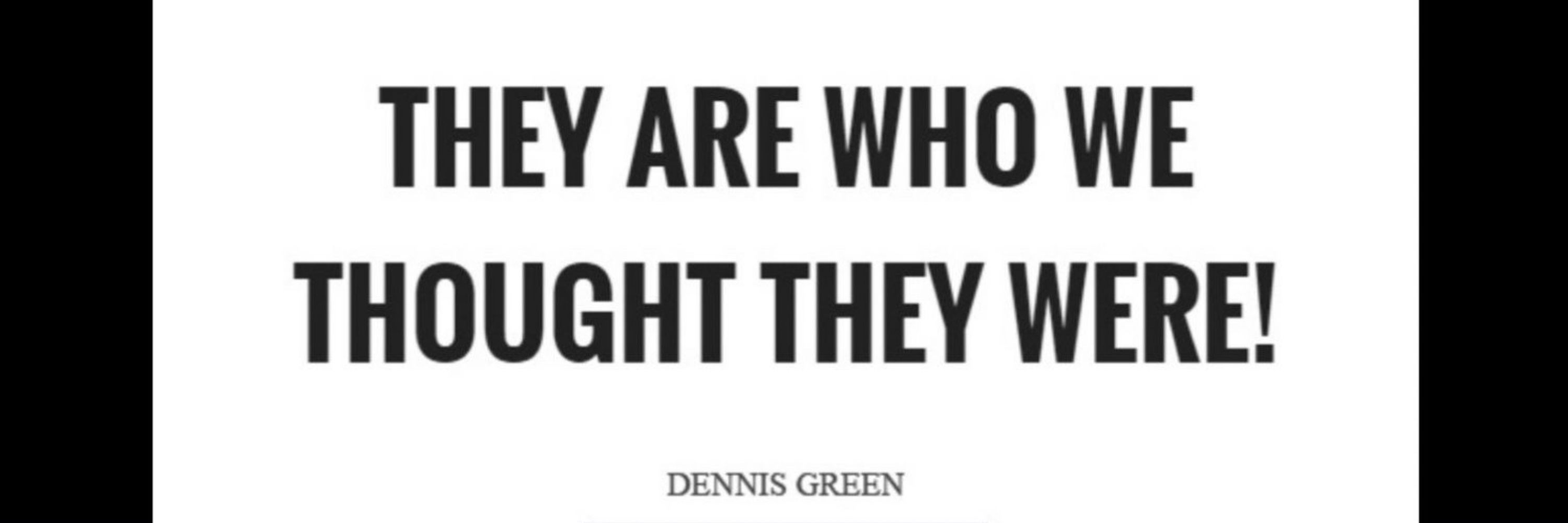
The NE AG argued that only the pardon board (and not the leg) has the authority to restore voting rights, thus even the two year waiting period was unconstitutional. The NE Supreme Court heard the case in August but has yet to release a decision (and boy are they dragging their feet).
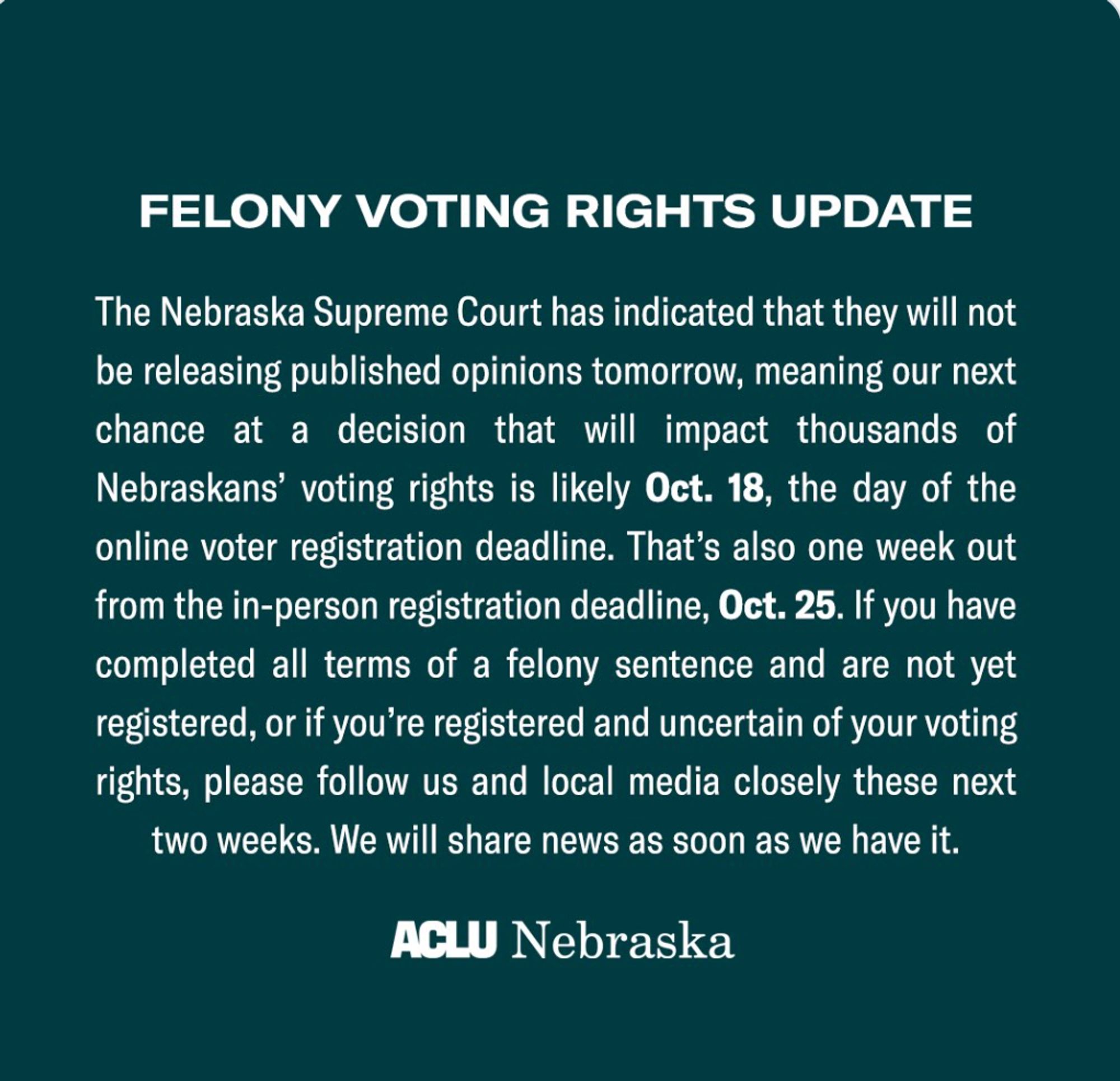
The one outlying issue is Nebraska. Prior to this year, a person in Nebraska would have their voting rights automatically restored following a two year waiting period after completing their sentence. The legislature removed that waiting period this year, but it was blocked by the NE AG/SOS.
We also did a deep dive in Mississippi and Alabama, which disenfranchise based on lists of specific offenses rather than correctional status, to produce more fine-grained estimates. You can read more about that and our methodology in the expanded Appendix.
Florida remains the nation’s disenfranchisement leader in total numbers, with 961K currently banned from voting (including 730K post-sentence, often because of outstanding fines/fees). Tennessee, which has a labrynthian policy, has the highest disenfranchisement rate (7.7%).
States have moved toward more narrow disenfranchising restrictions over the last ten years, resulting in a significant decrease in the disenfranchised population over time. As in previous years, a plurality of the disenfranchised population are post-sentence.
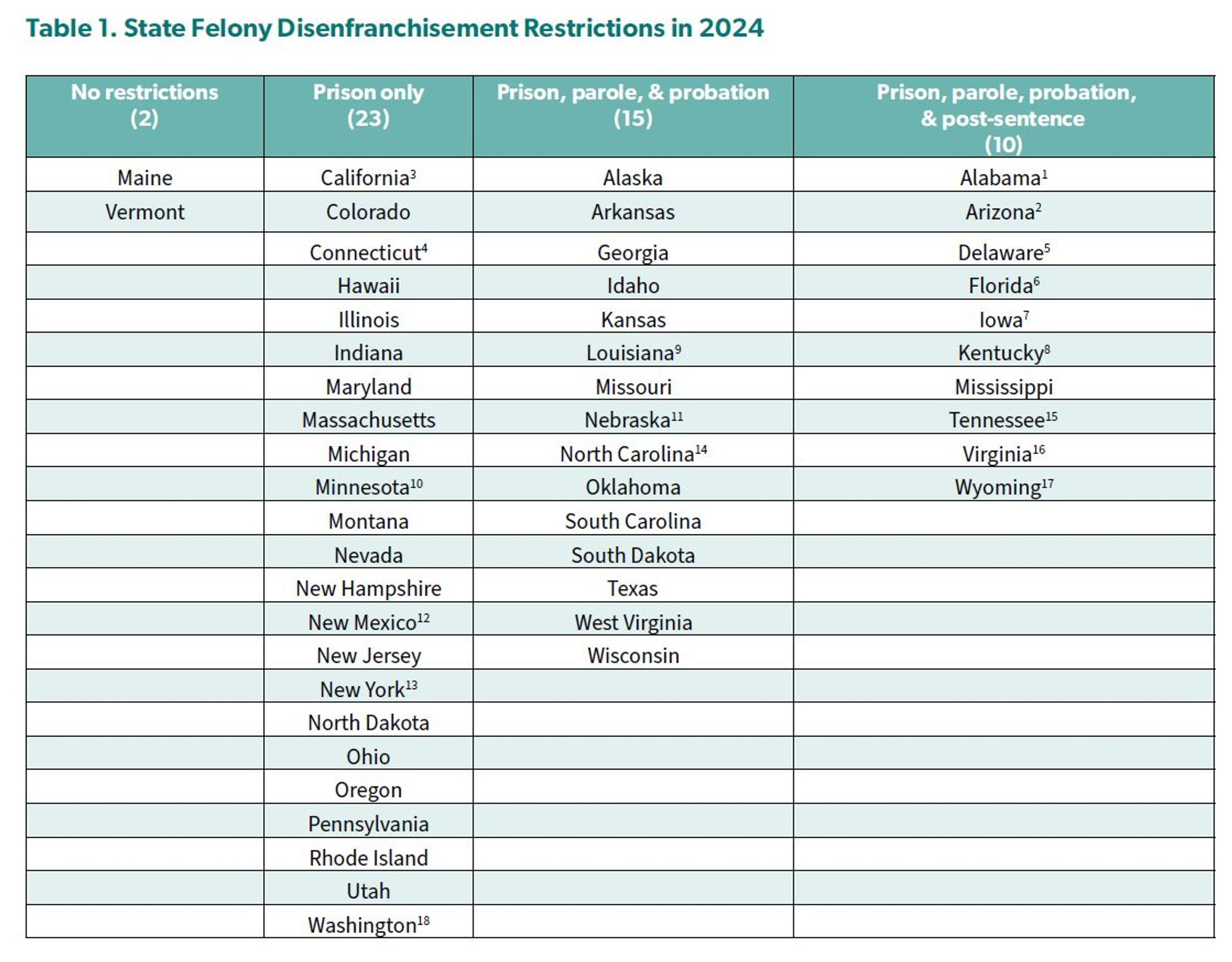
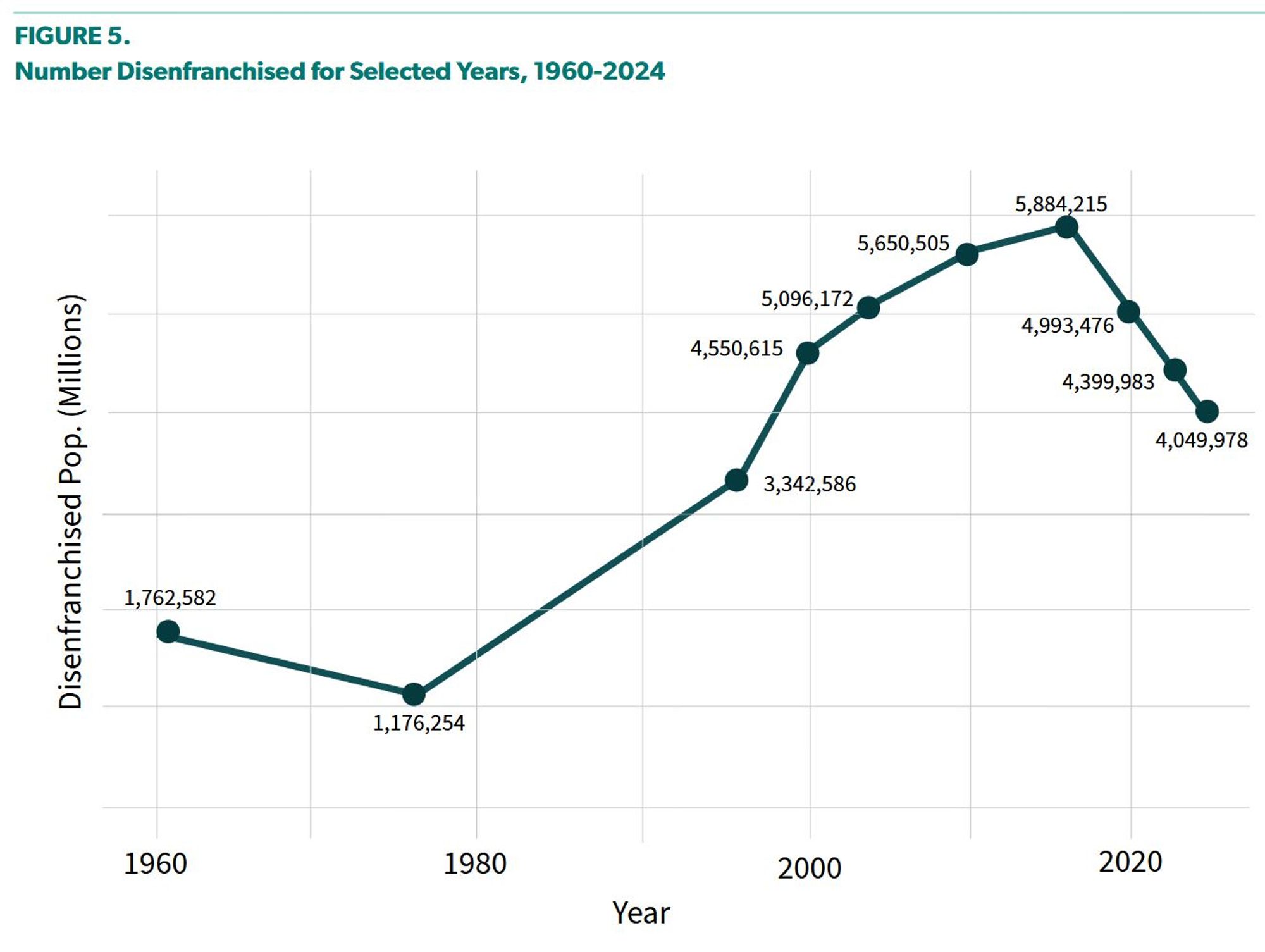
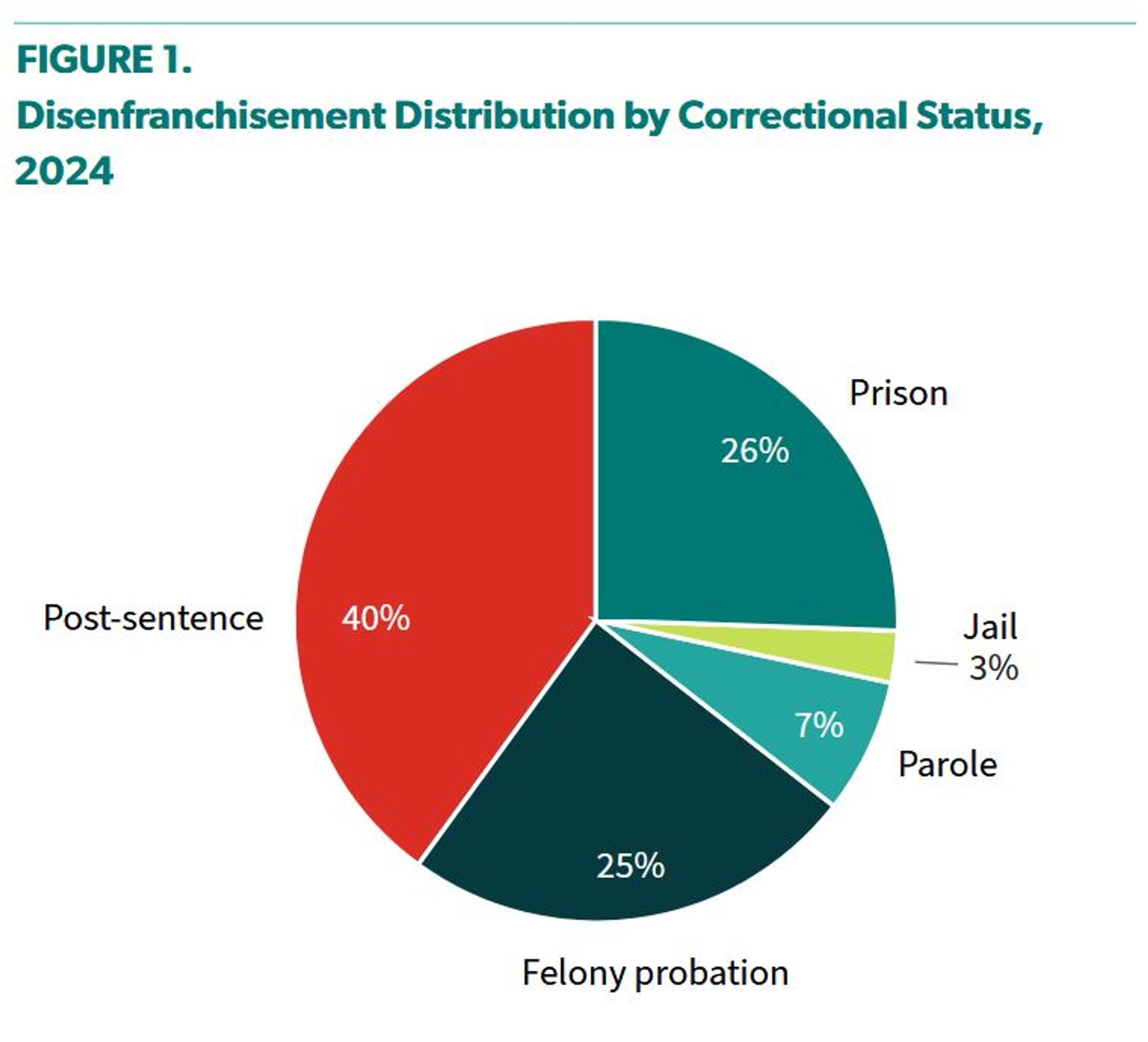
But first, I'm grateful to have been able to contribute to this work alongside the incomparable team of @chrisuggen.bsky.social@sarahksshannon.bsky.social (UGA), and Molly Hauf (Hamline) with support from Olivia Nesgoda (Hamline) and Caleigh Lueder (UMN).
I had assumed it was a nuanced take on why Janeway was right for killing Tuvix.
True. At least we have sports...

